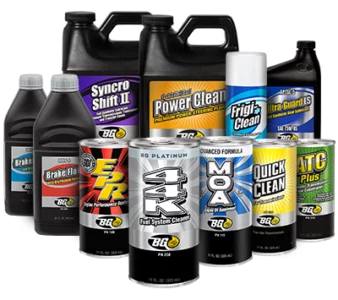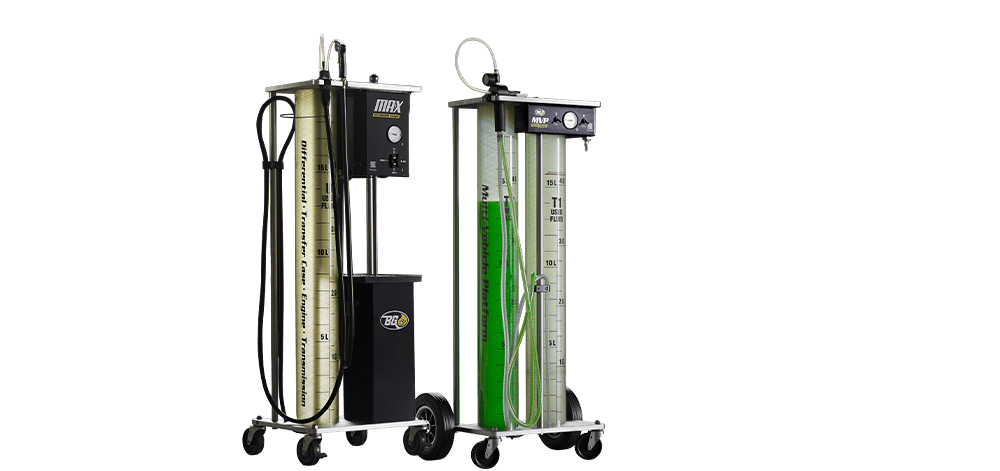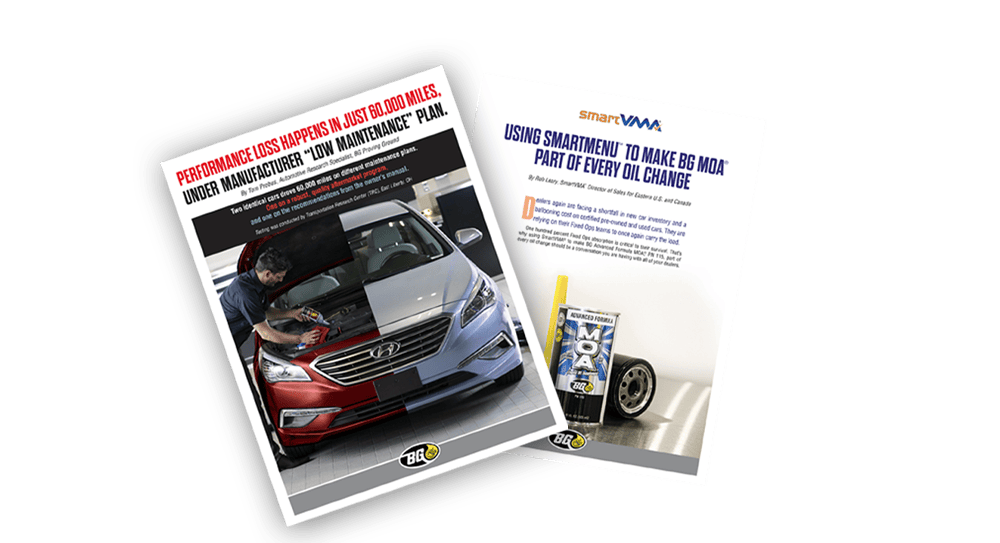Is R-1234yf better than R-134a?
This change has everything to do with increasing concerns about the environmental impact of these refrigerants. Three decades ago, R-12 was the industry standard. It was found to cause a depletion of the ozone layer, so R-134a was adopted since it did not contribute to ozone depletion. This solved the problem…or so we thought.
Several years later, it was concluded that many man-made gases were contributing to global warming, and R-134a was one of those contributors. A search for a refrigerant that is both friendly to the ozone layer and doesn’t contribute to global warming was started. R-1234yf solves both of those problems.
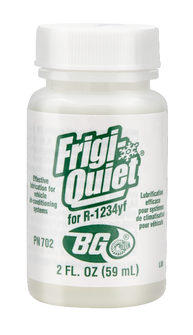
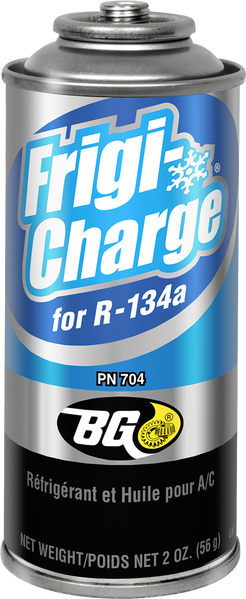
Are there any concerns with R-1234yf?
While R-1234yf could be the perfect replacement for R-134a, there is one major challenge with this new technology. The R-1234yf is much more reactive than R-134a. On the positive side, this higher reactivity is why R-1234yf is so much more friendly to the environment. It tends to react with other gases in the atmosphere and break down within a couple of weeks, as compared to R-134a, which remains stable for over a decade. The problem with a highly reactive refrigerant is that it can also be aggressive toward the lubricants used in the HVAC system. This leads to oil degradation which causes excessive wear and eventually compressor failure.
What’s the solution to oil breakdown due to R-1234yf?
The solution to this concern has been the development of an advanced technology lubricant that will resist this highly aggressive refrigerant. BG Products introduced Universal Frigi-Quiet® for R-1234yf, PN 702, for this very application. This new lubricant is of extremely high quality and purity. Purity is the keyword here. Lubricant impurities act like keys to a locked door; they allow oxidation reactions to take place which will begin to propagate the breakdown of the oil. Once this process starts, it’s nearly impossible to stop. Universal Frigi-Quiet® for R-1234yf’s purity helps prevent oil degradation. Additionally, this lubricant utilizes highly stable base oil technology that will resist thermal breakdown caused by the devastating impact of heat stress.
You might be wondering if PN 702 will also work in older systems still using R-134a? The answer is yes, it will. This makes it simple. Service shops can stock one product, PN 702, and use it for any vehicle, whether it uses R-134a or R-1234yf. It doesn’t get any easier than that, and everyone likes it easy!
What do technicians need to know?
- Newer systems have very small capacities and are much less prone to leakage. This means that technicians need to take care not to overcharge the system. Many OEMs recommend service only every three years. The days of an annual top-off are over.
- Newer systems require newer equipment to service them. Refrigerant recovery machines must comply with the latest regulatory standards and are to be operated only by licensed technicians. These machines can detect which type of refrigerant is present. Refrigerant types are not to be mixed.
- The usage of dyes and sealants is discouraged. Dyes and sealants are considered contaminants and will reduce the performance and longevity of the lubricant. Use refrigerant sniffers for leak detection and repair leaking equipment per SAE and EPA guidelines.
- BG Frigi-Quiet® for R-1234f, PN 702, is not approved for use in HEV or EV vehicles. These vehicles require the use of lubricants that pass proprietary electrical insulation performance standards, which PN 702 does not possess.
This change in automotive refrigerant technology has been the talk of the industry for several years. Now, it’s time to act. R-1234yf will be the industry standard for the foreseeable future, so it’s time to stock up on BG Frigi-Quiet® for R-1234yf. The future is now!
Check out our other related articles:

Andy Berlin
BG Product Technical Service Representative
Andy Berlin brings 24 years of experience as a chemist and product technology advisor to the BG Products R&D team. He acts as a technical advisor, helping international and domestic distributors and sales representatives understand BG product chemistry and applications. Andy writes technical articles for the BG Blendr’ and contributes content for use in social media and digital marketing.

